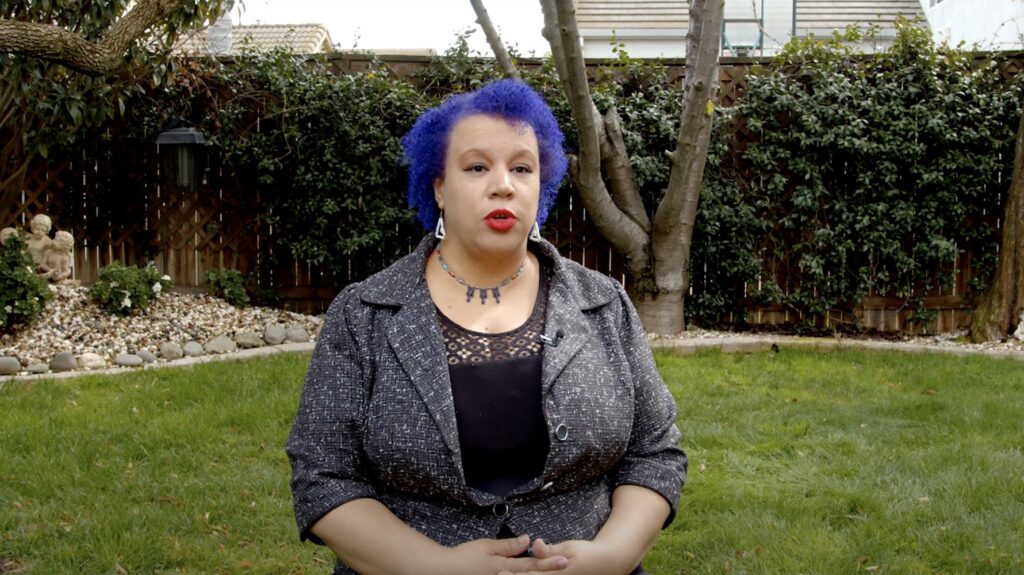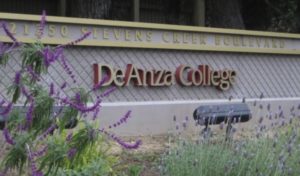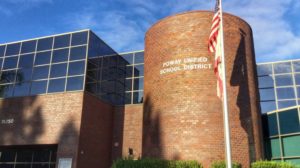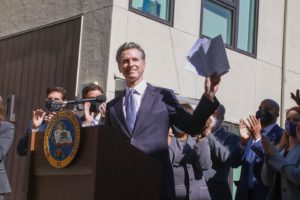Former DEI director, accused of white supremacy despite being black, condemns DEI ideology for being antisemitic, harming minority students
Dr. Tabia Lee was fired from her diversity, equity and inclusion job because she wasn’t “the right type of black person.” Now, she’s speaking out against the harmful DEI agendas in…

Dr. Tabia Lee was fired from her diversity, equity and inclusion job because she wasn’t “the right type of black person.” Now, she’s speaking out against the harmful DEI agendas in education.
Hired in 2021 to lead the Office of Equity, Social Justice, and Multicultural Education at De Anza College in California, Lee realized her understanding of those concepts was wildly different than her colleagues.
“The words sound like things you would instinctively agree with, but what they mean and what the philosophy that it’s rooted in is something that is very dangerous,” Lee told Chris and Christine Stigall, co-hosts of the Making the Leap podcast.
Lee explains that not all DEI programs operate from the same ideology.
“What we saw during the pandemic was this advancement of a specific kind of DEI work which I call Critical Social Justice work,” she said. “[It is] viewing people as victims or oppressors, this hyper focus on race and gender identities.”
It also used the concept of intersectionality, which puts people on a “power-privilege matrix.”
“[They] tell you that, ‘You were born into this particular position of power and privilege, and you can never escape that, and as a result you must do x or y to remedy the sins of your ancestors,’” Lee said.
From the beginning, Lee ran afoul of her colleagues at De Anza and was even accused of “white-speaking,” “whitesplaining,” and “supporting white supremacy.”
“In my whole life as a black woman I have never been called a white supremacist or told that I was supporting white supremacy. And these people were serious,” she told the Stigalls.
Her colleagues wouldn’t even denounce blatant antisemitism that De Anza students experienced, including hearing such claims as “Jews are white oppressors, and we’re decentering whiteness here.”
Lee wrote about her experience with antisemitism in the New York Post, calling Critical Social Justice a “toxic form of DEI” that demanded she exclude Jewish students.
The same toxicity can be found in K-12 education, too, Lee says, though sometimes it is not obvious.
Her home state of California recently passed a law making ethnic studies a high school graduation requirement.
But Lee says “ethnic studies” is a guise for something much darker.
“We’re teaching them to hate groups of people, to view themselves as victims or oppressors, to hate Jewish people, to hate Zionists, to hate America and American society, and that’s not okay,” Lee said.
Even “American studies” classes teach students “how to be anti-American.”
“They learn that America is founded on white supremacy and racism,” Lee said. “It’s demotivating for the very students it purports to help.”
A recent study from the Heritage Foundation found that DEI programs actually harmed students more than helped during the COVID-19 pandemic.
School districts that hired chief diversity officers during the pandemic saw greater learning loss among minority students than schools with no DEI directors.
“Hiring a senior district official who insists that black or Hispanic students not be held to the same standards of behavior or academic achievement as other students because of structural racism obviously undermined minority student success,” the Heritage Foundation said.
But despite the obvious harms of hyper-focusing on race, DEI advocates aren’t just parroting the anti-American, anti-white views of others.
“These are real beliefs, and they mean what they say,” Lee emphasized. “They mean what they say.”
The Making the Leap podcast is produced by The Herzog Foundation, which also publishes The Lion.



